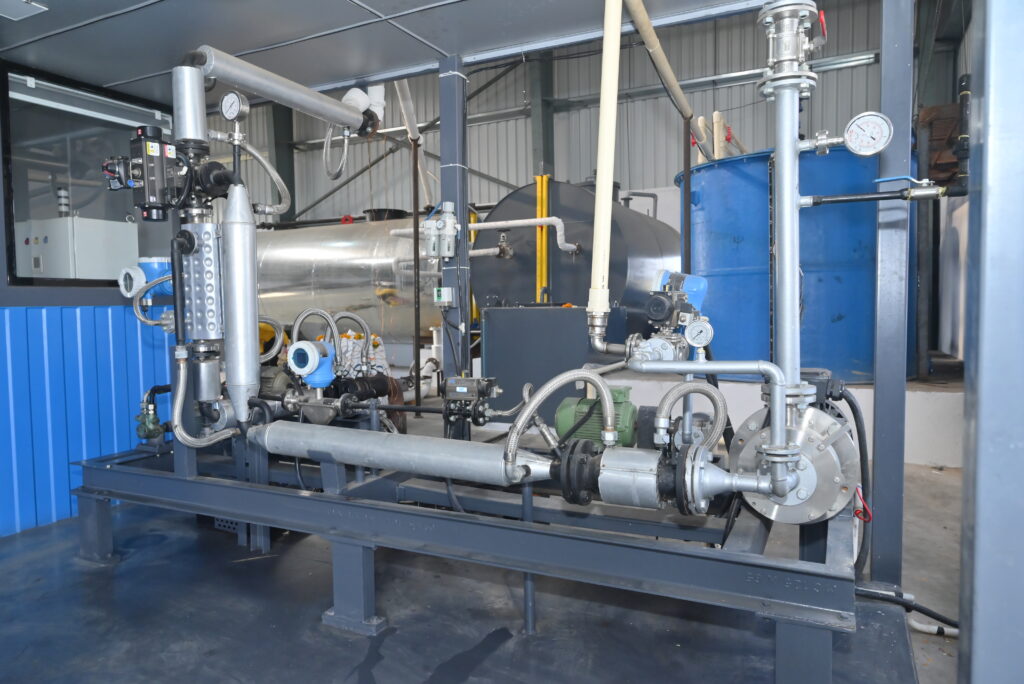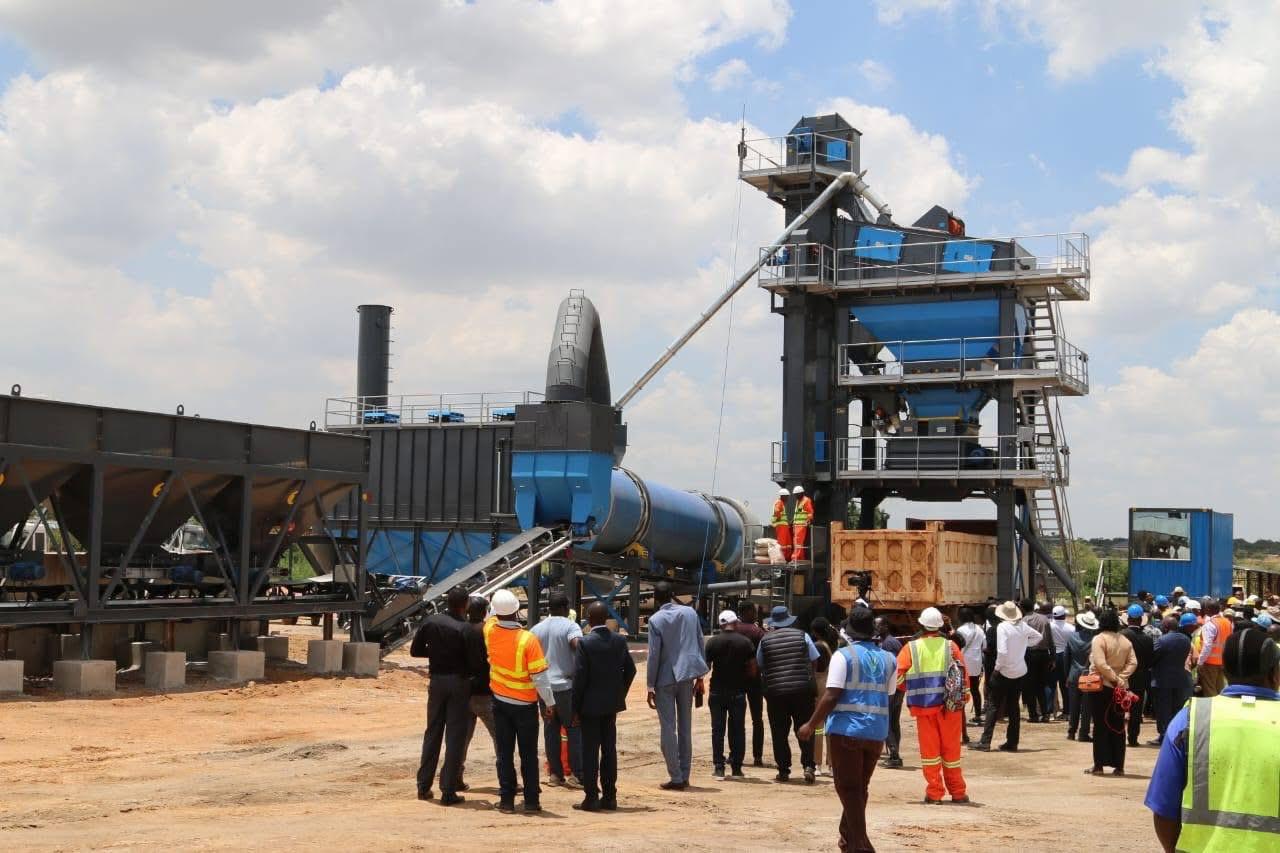
As road construction and maintenance evolve to become more efficient, bitumen emulsion has emerged as a crucial component in modern-day asphalt applications. From surface dressing and tack coats to cold mix applications, the demand for bitumen emulsion plant is rapidly increasing. However, choosing the right plant requires careful consideration of several key factors that impact productivity, cost-effectiveness, and long-term performance.
In this article, we’ll guide you through the essential factors to consider when selecting the right bitumen emulsion production plant for your project or business.
Understanding Bitumen Emulsion and Its Uses
Bitumen emulsion is a mixture of bitumen, water, and emulsifying agents, used extensively in road construction for flexible pavement applications. Its cold-mix application, eco-friendliness, and ease of handling make it ideal for:
- Surface dressing
- Prime and tack coat applications
- Slurry seal and microsurfacing
- Cold mix asphalt production
To ensure consistent quality and output, investing in a high-performance bitumen emulsion plant is critical.
Production Capacity and Throughput
One of the first considerations in choosing a plant is its production capacity. Plants are typically available in a range of capacities from 5 to 30 tons per hour, depending on the project scale. For small to medium contractors, a compact skid-mounted plant may suffice. However, for large-scale road projects or commercial emulsion production, a higher-capacity, fully automated plant is more suitable.
Evaluate your daily emulsion requirement, available manpower, and operational timeline before selecting the right capacity.
Automation and Control Systems
Modern bitumen emulsion plants come equipped with advanced PLC-based automation systems that ensure precision in material mixing, temperature control, and viscosity adjustments. These digital control systems reduce manual error, enhance safety, and offer real-time monitoring of plant operations.
Look for features such as:
- User-friendly HMI interface
- Recipe storage and batch control
- Automated cleaning systems
- Alarm functions for fault detection
A highly automated system ensures consistent quality and optimal resource usage.
Material Handling and Storage Features
Efficient handling of bitumen, water, emulsifier, and acid solutions is essential to maintain quality. Choose a plant with:
- Pre-heating systems for bitumen
- Stainless steel tanks for emulsifier and acid
- Jacketed pipelines for smooth flow
- Accurate dosing pumps and flow meters
Adequate storage tanks for finished emulsion and raw materials also improve plant uptime and logistics management.
Heating Systems and Energy Efficiency
Heating plays a crucial role in emulsion production. A good plant should feature efficient thermal oil or electric heating systems for maintaining optimal bitumen viscosity. Energy-efficient burners, insulation, and temperature control mechanisms can greatly reduce fuel consumption and operating costs.
Flexibility to Produce Different Emulsion Types
Depending on your target market or project requirements, your plant should be capable of producing various grades of emulsion such as:
- Cationic Bitumen Emulsion (CRS, CMS, CSS types)
- Anionic Bitumen Emulsion
- Modified Emulsions for Microsurfacing
This flexibility in formulation ensures that you can cater to a broader range of road construction and maintenance projects.
Mobility and Installation Requirements
If your operations span multiple sites or remote locations, consider a mobile bitumen emulsion plant. These units come skid-mounted or trailer-mounted for quick relocation and setup. Conversely, a stationary unit is ideal for centralized production facilities.
Make sure the plant design supports easy assembly, modular construction, and minimal civil work for installation.
After-Sales Support and Spare Parts Availability
Reliable after-sales service, operator training, and readily available spare parts are often overlooked but are crucial for uninterrupted operation. Choose a manufacturer with a strong support network, local service engineers, and a proven track record in the bitumen equipment industry.
Compliance with Industry Standards
Your bitumen emulsion plant should comply with local and international standards, including those related to safety, emissions, and quality control. Certifications like ISO, CE, or BIS compliance reflect the plant’s adherence to best practices in manufacturing and operation.
Conclusion: Invest Smart in Your Bitumen Emulsion Plant
Selecting the right bitumen emulsion plant is a strategic decision that directly influences the quality, efficiency, and profitability of your road construction or maintenance business. By focusing on key factors like production capacity, automation, flexibility, energy efficiency, and after-sales support, you can make a well-informed investment.
Whether you are a contractor, infrastructure company, or a bitumen product supplier, a high-quality emulsion plant will help you deliver durable and environmentally friendly road solutions. Explore trusted manufacturers, compare specifications, and always request a demo before purchase to ensure your plant meets current and future project demands.





